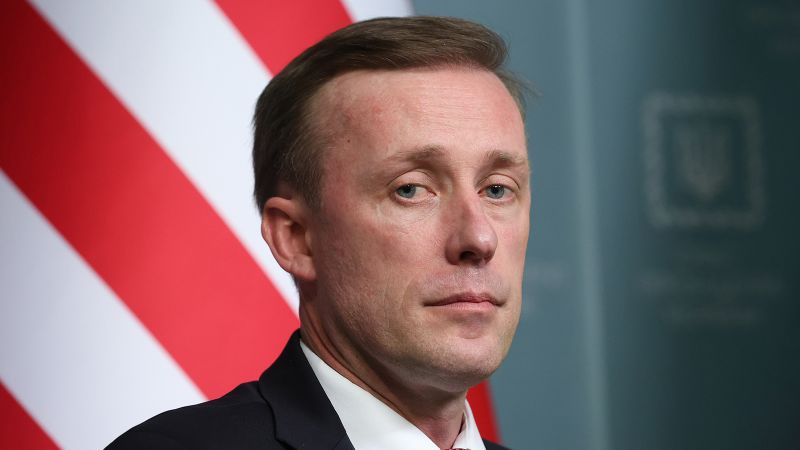President Joe Biden’s national security adviser, Jake Sullivan, convened a meeting with ambassadors and chiefs of mission from 17 countries whose citizens were taken hostage by Hamas on October 7. The group discussed ideas to secure the release of the hostages in Gaza, focusing on ways they can speak collectively in public and private settings. Efforts to secure the release of hostages and a ceasefire deal appear to have stalled, prompting the need for collective action from the international community.
The ambassadors and chief of missions brainstormed ways to pressure negotiating parties, including Israel, Egypt, and Qatar, to return to the negotiating table and finalize a ceasefire agreement. One idea discussed was finding a way to speak as a collective voice to the United Nations. These same 18 countries had released a statement in late April calling for the release of hostages and emphasizing the potential benefits of an immediate ceasefire in Gaza.
Sullivan has met with the families of American hostages multiple times since October 7, leading to the creation of a “working group” consisting of ambassadors and chiefs of missions from the 18 countries involved in the negotiations. The group is focused on exerting collective pressure on Israel and Hamas to reach a deal, as Biden faces pressure both domestically and internationally to resolve the conflict, now in its eighth month.
While the US is working closely with these countries on finding a solution to free the hostages, concerns about the US policy toward the war and its support for Israel amid the civilian death toll in Gaza persist. Diplomats from various countries, including those in the Middle East, have expressed growing concerns about the situation, with some viewing it as a national security issue for the US. The Biden administration must navigate these frustrations and pressures as it considers its policy in the region.
Biden has indicated a willingness to withhold additional offensive weapons from Israel if it were to proceed with a major military operation into Rafah, but has also maintained that the US remains a staunch supporter of Israel’s right to defend itself. The administration faces a delicate balancing act in managing international expectations and domestic concerns about the conflict, as it seeks to bring about a peaceful resolution and stabilize the region.


